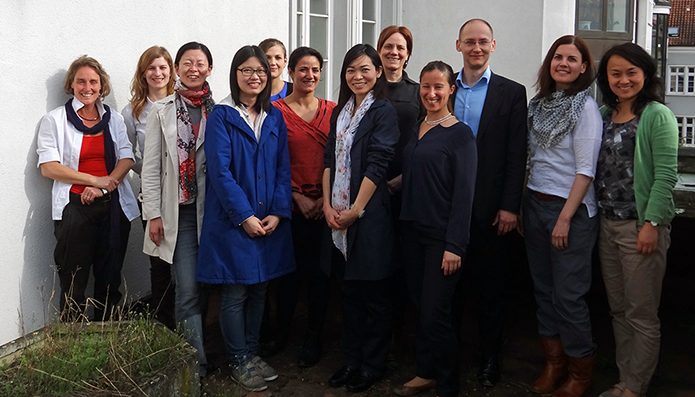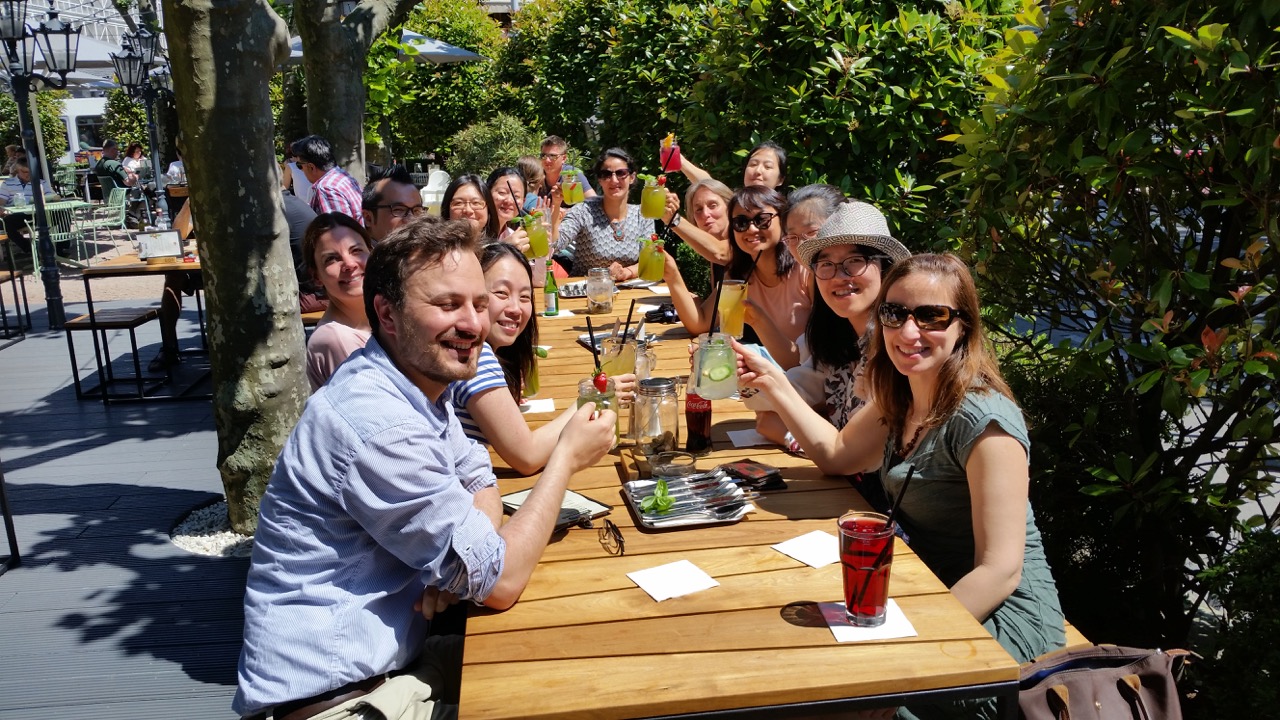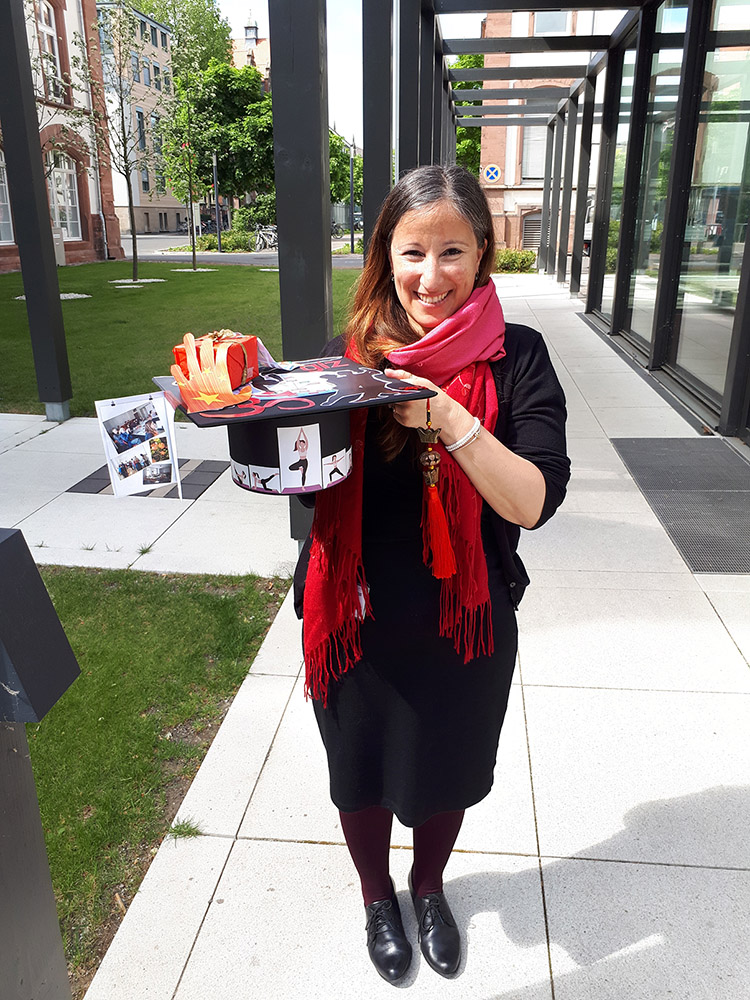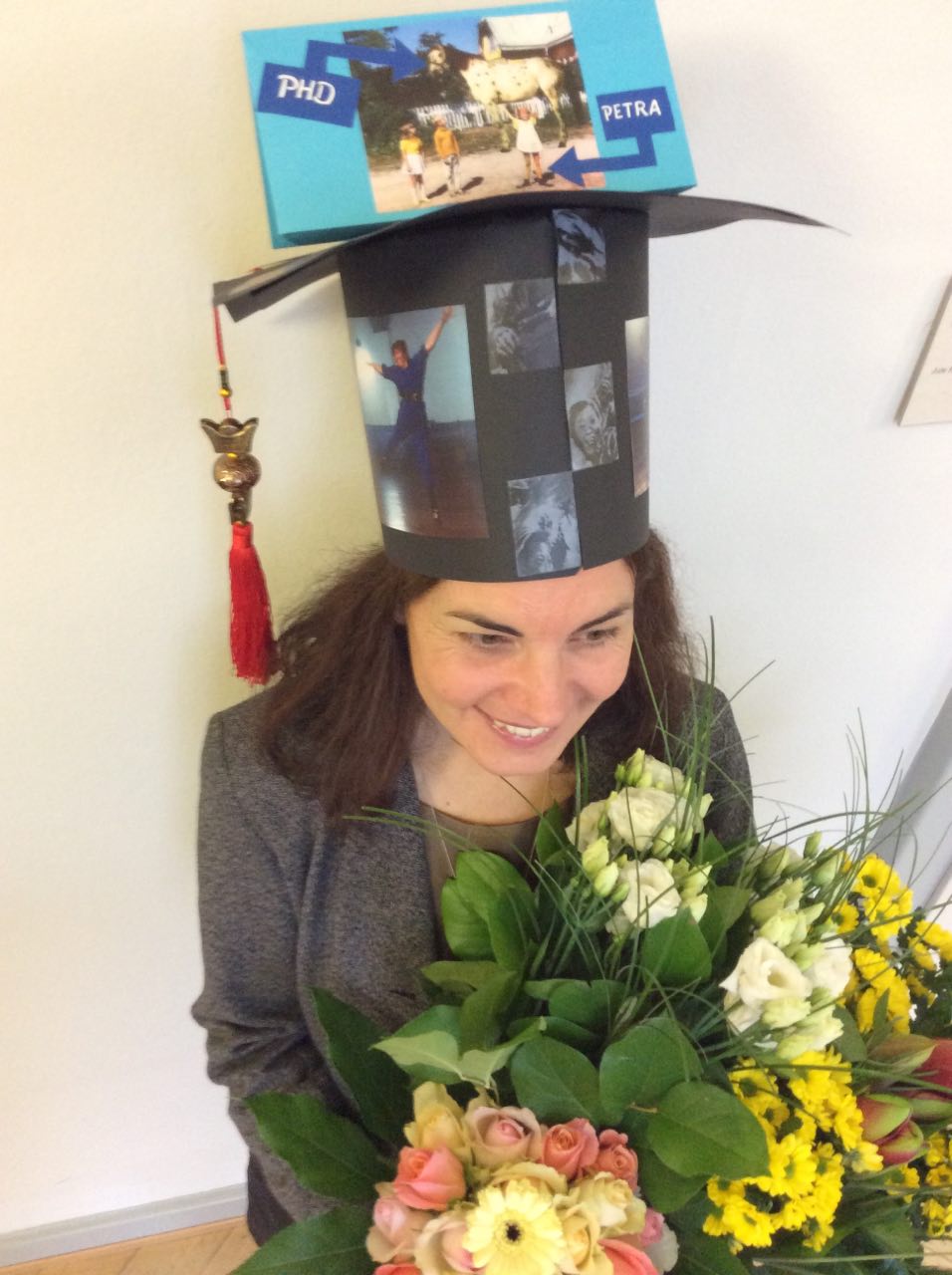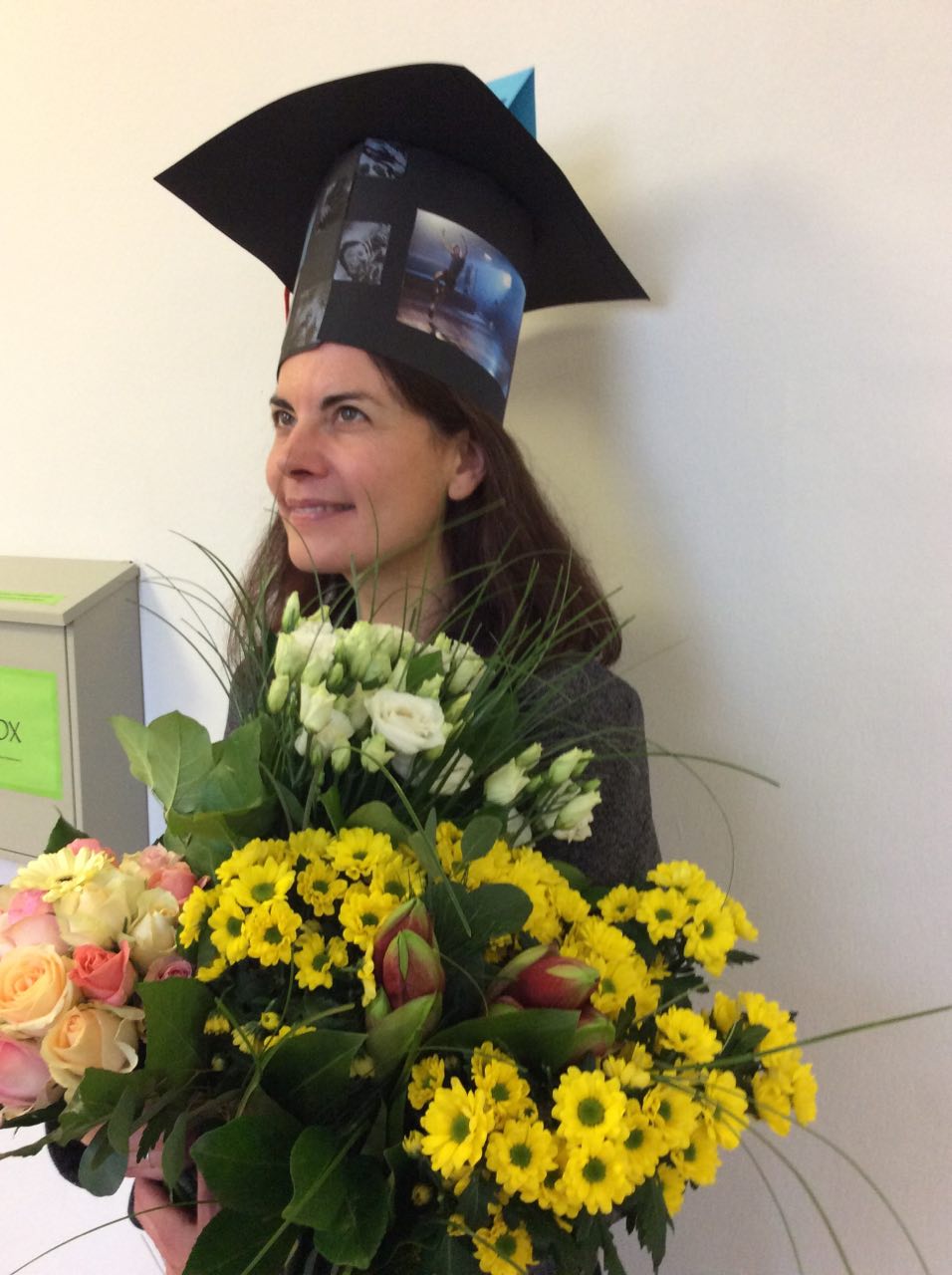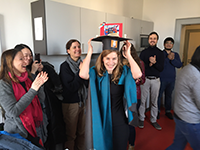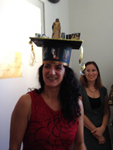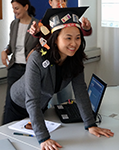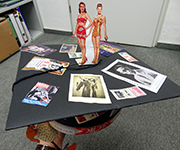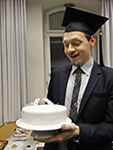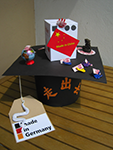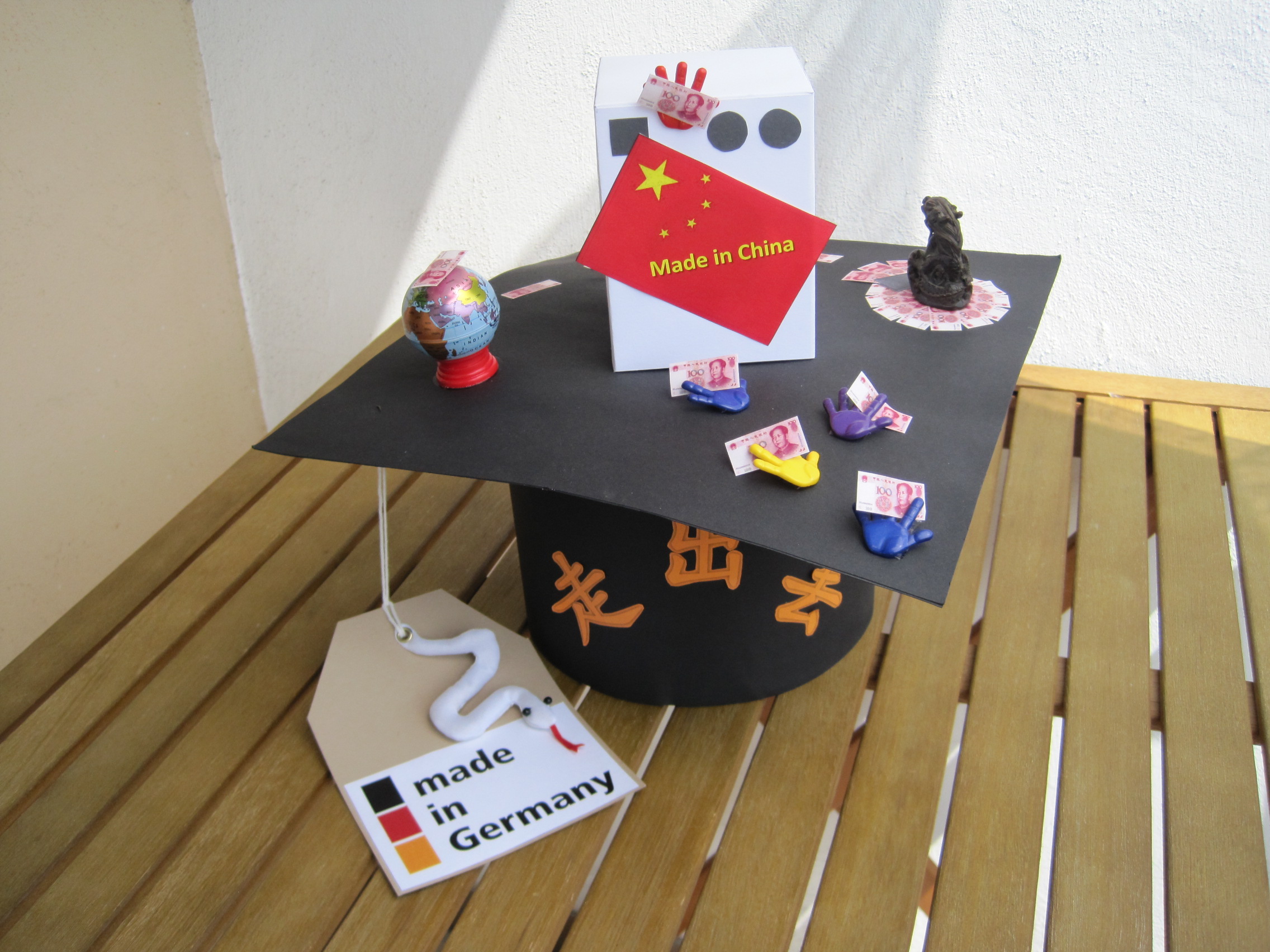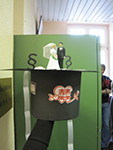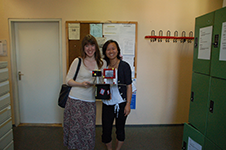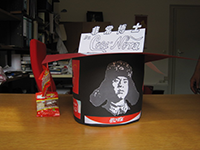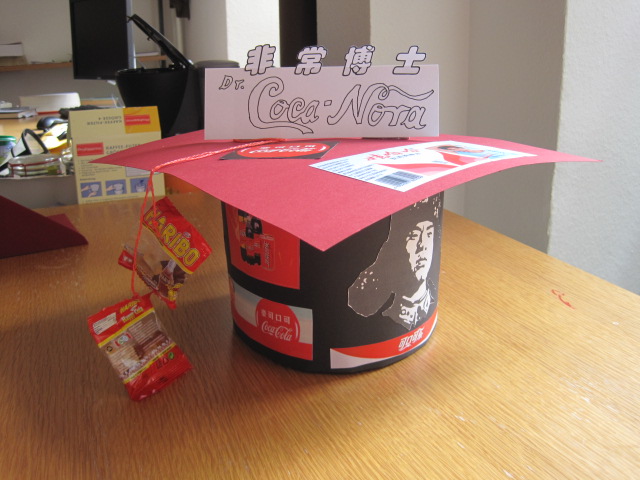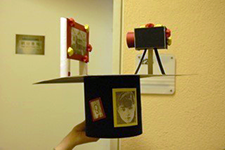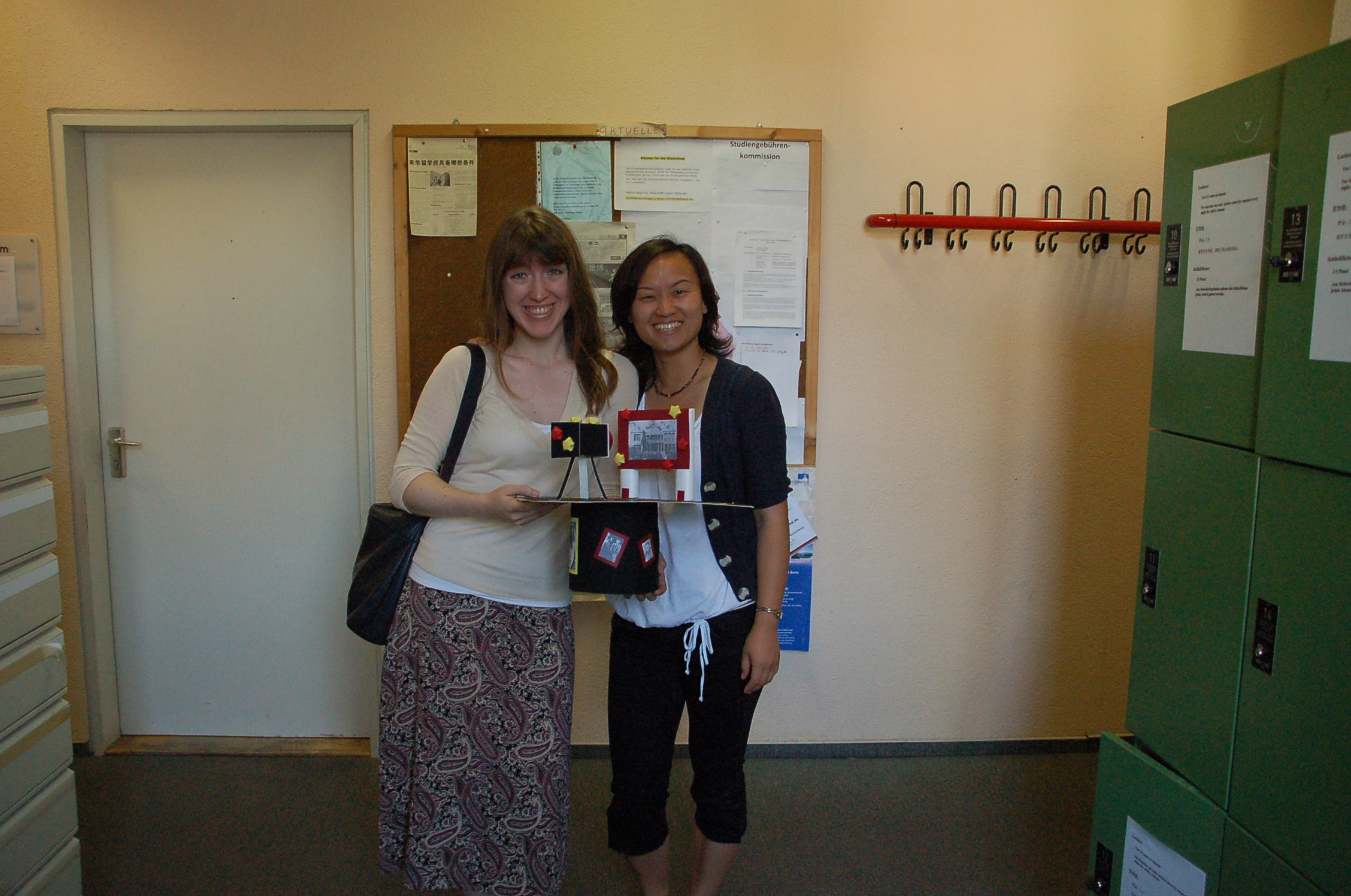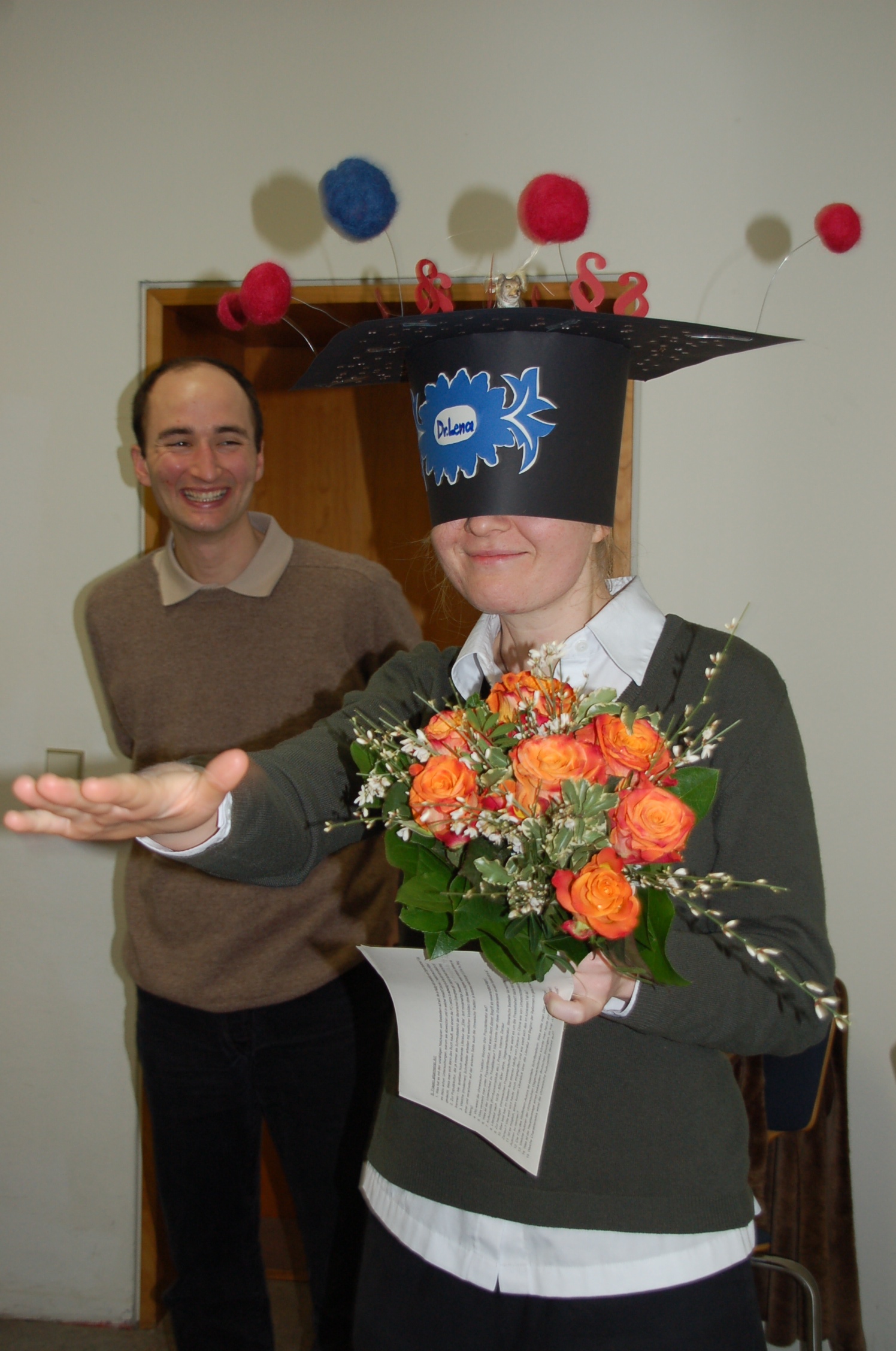Popular Culture Group
| Introduction | Members | Activities | Visiting Scholars | Completed dissertations | Doctoral Caps |
Introduction
The Popular Culture Group, founded in 2005, consists of some two dozen members, doctoral and postdoctoral students at the Institute of Chinese Studies and the Heidelberg Centre for Transcultural Studies.
They work on a vast range of different topics from propaganda posters to plagiarism and advertisements in the 19th and early 20th century, from the only seemingly clearcut institutional history of an early leftist Chinese film company to the only seemingly clearcut institutional change from rite to law in marriage; from the successful figure of the (single) new woman to the successful figure of the new business(wo)man. Members have addressed elite and popular discourses around building large dams and beautiful bodies, they deal with game-playing in Japan, music-playing in Taiwan; they are researching various manifestations of translation: in Chinese web-communities in Germany, in formations of language, i.e. Chinglish , in the works of Musil in China, in reconfiguring the author as hero in the museum space, in the world of Chinese AID. All of these studies are built on the premise that paying attention to a diversity of material evidence in a global context will help rewriting the history of social change in modern and contemporary China and Asia.
How? Our definition of popular culture hinges on the apparently popular texts we peruse: newspapers, encyclopedias, women's magazines, comics, folksongs, legal and political proclamations, commercial films, street signs, blogs and new media sites, advertisements. The question of whether or not these texts actually are popular, in the sense that a great number of people enjoys perusing them or believes in their use, is one we continually pose. Producers of popular texts try precisely to make them popular. The tension between imagined and real popularity of particular texts is one which actually creates/makes these texts. Their success or failure can tell us a lot about society at large at that moment in time. Their success or failure hinges on historical contingencies. It is worthwhile to uncover these.
Some members of the Popular Culture Group 2015 (left]) and 2017 (right)
(Former) Members of the Popular Culture Group
Activities
- Regular reading sessions devoted to theoretical works and member’s work-in-progress
- Organisation of workshops and lecture series e.g. New Women, Forging Literary Memory in Taiwan, Where is China in the World?, Recalibrating Culture Lecture Series; Workshop Reconfiguring the Transcultural
- Research projects e.g. “Rethinking Trends: Transcultural Flows in Popular Spheres”, “Powers of the Press and Media Changes” , “Knowing more about the Other: Dialogues with China”, “Kultur neu denken—Re-En-Visioning the (Trans)-cultural—C’est quoi, la (trans-)culture?”, The Intermateriality of World Literary Heritage, etc.
- Digital Humanities Projects and Databases, e.g. Early Chinese Women’s Magazines (womag) , Early Chinese Periodicals Online ECPO, a Continuous Revolution
Visiting Scholars
- Xiaohong Xiao-Planes, Paris
- Si-yen Fei, University of Pennsylvania
- Leon Rocha, Department of History and Philosophy of Science, University of Cambridge
- Joscha Chung, Taipei,
- Aihwa Ong, Berkeley,
- Paola Zamperini, Northwestern
- Christian Henriot, Lyon
- Yeh Wen-hsin, Berkeley
- Jeffrey N Wasserstrom, UC California, Irvine
- Susan Brownell, St. Louis
- Kam Louie, Australian National University
- Louise Edwards, Australian National University
- Paul Pickowicz, UC San Diego
- Perry Link, UC Riverside
Completed dissertations by group members
- 2008
- Lena Henningsen "Copyright matters: Imitation, Creativity and Authenticity in Contemporary Chinese Literature"
- 2009
- Jennifer May: "Sources of Authority. Quotational Practice in Chinese Communist Propaganda"
- Huang Xuelei: "Commercializing Ideologies: Intellectuals and Cultural Production at the Mingxing (Star) Motion Picture Company 1922-1938" (ausgezeichnet mit dem Ruprecht-Karls-Preis der Universität Heidelberg 2011)
- 2010
- Nora Frisch: "Coca-Cola—ein chinesischer Mythos. Über Erscheinungsformen und ideologische Aussagekraft politischer Mythen in kommerzieller Fernsehwerbung in China (1989-2009)"
- 2011
- Jennifer Altehenger: "Love, Law and Legality: Marriage Law Campaigning in the Early People’s Republic of China" (ausgezeichnet mit dem Akademiepreis der Heidelberger Akademie der Wissenschaften 2015)
- Cora Jungbluth: “走出去 Geht hinaus! Der Internationalisierungsprozess chinesischer Unternehmen im Spannungsfeld zwischen politischen, ökonomischen und interkulturellen Aspekten”
- Miriam Seeger: "Zähmung der Flüsse. Staudämme und das Streben nach produktiven Landschaften in China im 20. und beginnenden 21. Jahrhundert"
- 2012
- Birte Herrmann: " Wahrnehmung des 4. Juni 1989"
- 2013
- Marie Sander: "Third Culture Kids in Shanghai"
- Nicolas Schillinger: "Körperformationen in der frühen chinesischen Republik"
- Michael Fuhr: "Sounding out the K-Wave Globalization, Shifting Asymmetries and Popular Music in South Korea"
- 2014
- Barbara Wall: "Verwendung der 'Reise nach dem Westen' in der koreanischen Kultur"
- 2015
- Sun Liying: "Body Un/Dis-Covered: Luoti, Editorial Agency and Transcultural Production in Chinese Pictorials (1925-1933)"
- Laila Abu-Er-Rub: "Zur indischen Mode"
- Björn-Ole Kamm: "Gaming in Japan"
- 2016
- Li Hsinyi: Bildungspilger. "Eine multi-lokale Ethnographie über taiwanesische Musikstudierende in Deutschland"
- Xu Hefan: Fragmented Society: "The Diffusion of ICT and China’s Modernization"
- 2018
- Emily Mae Graf: "Lu Xun on Display: Memory, Space and Media in the Making of World Literary Heritage OR The Materiality of World Literary Heritage: Memory, Space and Media in the Making of Lu Xun" (ausgezeichnet mit dem Ruprecht-Karls-Preis der Universität Heidelberg 2019)
- Petra Thiel: "Ein Adoleszenzroman für China: Gattungsdebatten und genderorientierte Untersuchungen ausgesuchter Werke von Cao Wenxuan, Yang Hongying und Guo Jingming (1997-2008)"
- 2019
- Guo Quizi: "When Kodak Came to China: Photography, Amateurs and Visual Modernity, 1900-1937"
- Kuo Chih-wen: "God, Western Learning, and Personal Memento: Timothy Richard’s Literary Work in Late Imperial China"
- 2020
- Zhou Xiaomin: "Erlebte Rede in der literarischen Übersetzung am Beispiel von Robert Musil, Franz Kafka und Lu Xun"
- Marina Rudyak: "Becoming a Donor: National Role Conception, Reform Dynamics and Learning in China’s Foreign Aid System"


